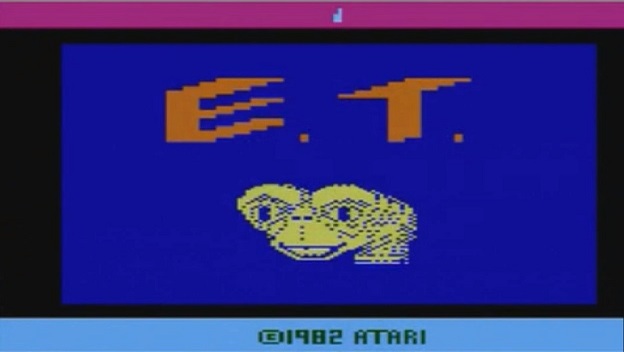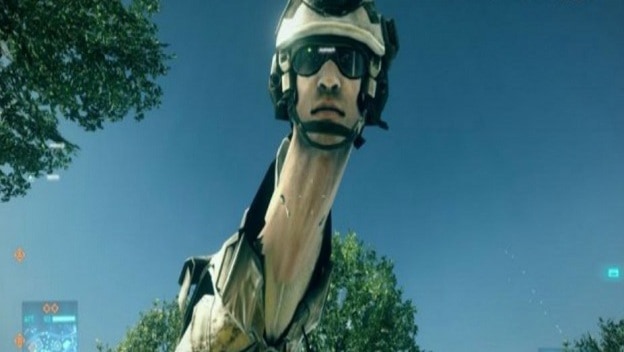Sometimes, a few extra minutes in the oven makes ALL the difference.
Gamers aren’t exactly the most patient people in the world. So when we hear that a game we’ve been anticipating is delayed for one reason or anothe, we tend to lose our shit. Currently in-development Star Citizen is a recent example, with the creator announcing that a laundry list of bugs would delay a partial beta (which was due out yesterday). However, I’d like to think this is a virtue the industry possess today that wasn’t always present in days gone by. There have been countless games rushed to store shelves that should have been delayed (but publisher’s desire to generate revenue as soon as possible took precedent).
So this got me thinking, what other games could have used a few extra weeks/months of polish before going to market? Let’s take a look at several from both the last and next-generations.
Rocky (2002) – PlayStation 2:
I’ve got to give a shout out to my man the Angry Video Game Nerd for turning me on to this one. In one of his many videos covering the lowest of the low from gaming’s yester-year, we saw how Rocky for the PS2 was an absolute mess. It’s hard to describe exactly what you see here, but the glitchtyness of this game literally deforms the boxers beyond recognition. At times, I thought I was watching a scene from Hellraiser 12 . To say this game was half-baked would be an understatement. For more, check out AVGN’s video review right here .
High Heat Major League Baseball (2003) – PlayStation 2, PC:
If you want a game that takes everything you love about the sights, sounds and feel of a good baseball game (and then completely strips it away) High Heat Baseball is for you! This isn’t a title that needed a delay to just finish tying up some loose ends; this thing seemed barley finished upon release. For a hilarious review that absolutely rips it to shreds, search the terms “High Heat” and “Tommy Tallarico” on YouTube. He gets so pissed at this poor excuse for a game, he actually storms off the set (and rightfully so).
Battlefield 4 (2013) – PlayStation 3 & 4, Xbox 360 & One, PC:
This might seem like a strange pick. Battlefield 4 was so successful, it gave its rival Call of Duty a real run for their money over the last several months. However, anyone who’s been with the game since its October release knows that DICE has been churning out one patch after another trying to keep this boat afloat (despite the myriad of holes in its hull). In fact, several new games coming down the pipe ended up getting delayed instead, just so the developer could focus on fixing the numerous bugs and issues plaguing Battlefield right from the start. A perfect example of a great game that should have been allowed some extra tweaking time (which could have saved the support team many sleepless nights in the process).

E.T. the Extra-Terrestrial (1982) – Atari 2600:
Admittedly a predictable pick, this could very well be the mother of all bad games. The story goes a little something like this: 1982 saw the release of Spielberg’s critically-acclaim film ET: The Extra Terrestrial . Naturally, a video game tie-in was a no brainier for those behind the marketing campaign. Problem was, licensing negotiations ran long, which only left game designer Howard Scott Warshaw little more than a month to program it from scratch (in order to hit the Christmas deadline). Thus, the half-assed efforts of those at Atari (not Warshaw’s fault mind you) resulted in such a boring and glitched-up experience, they were subsequently buried in the desert years later after the ‘80s crash. Not a proud moment in our history, all because it was rushed.
So in 2014, I’m happy when I hear people like Chris Roberts (of Star Citizen ) saying things like, “It would be foolish to release an unstable build…but as you are all focused on quality rather than a financial return for shareholders we are able to take a few more days to deliver something that is stable.” He credits this to the crowd-funding initiative, which is a very different way for some designers to get their projects made on an independent level (and maintain more control over the quality). Let’s hope mainstream game studios learn from the mistakes of our past (and the debacles that rushing things can bring), and instead take a page from the indie scene’s playbook.
Slow and steady is what wins the race in this case, not the first to a finish as some would like to believe. We might buy your error-laden game the first time ‘round (not knowing any better), but we’re likely to think twice the next time.
